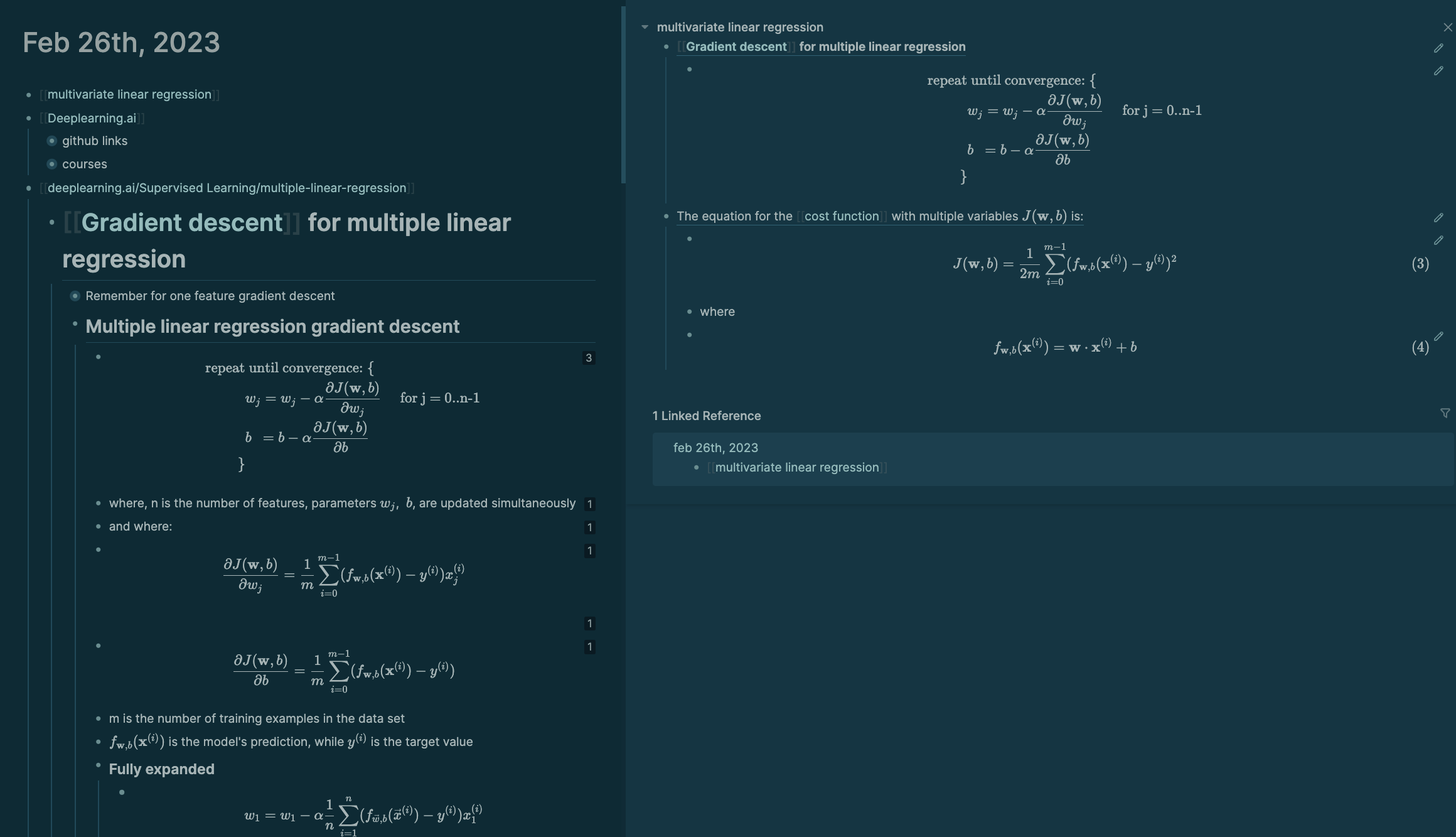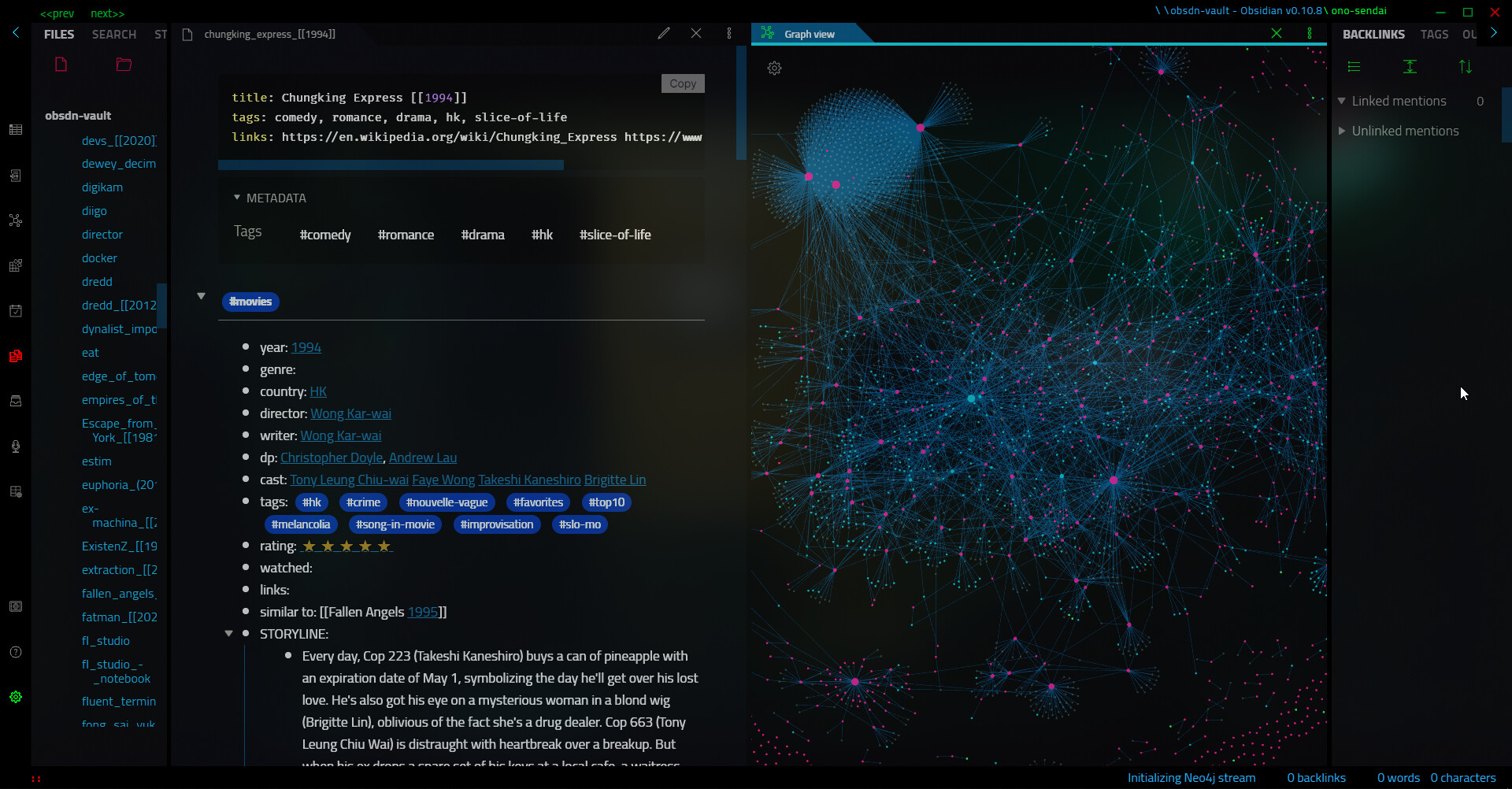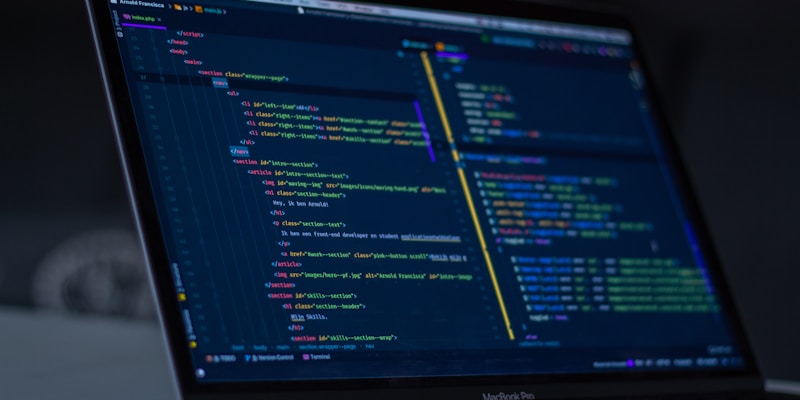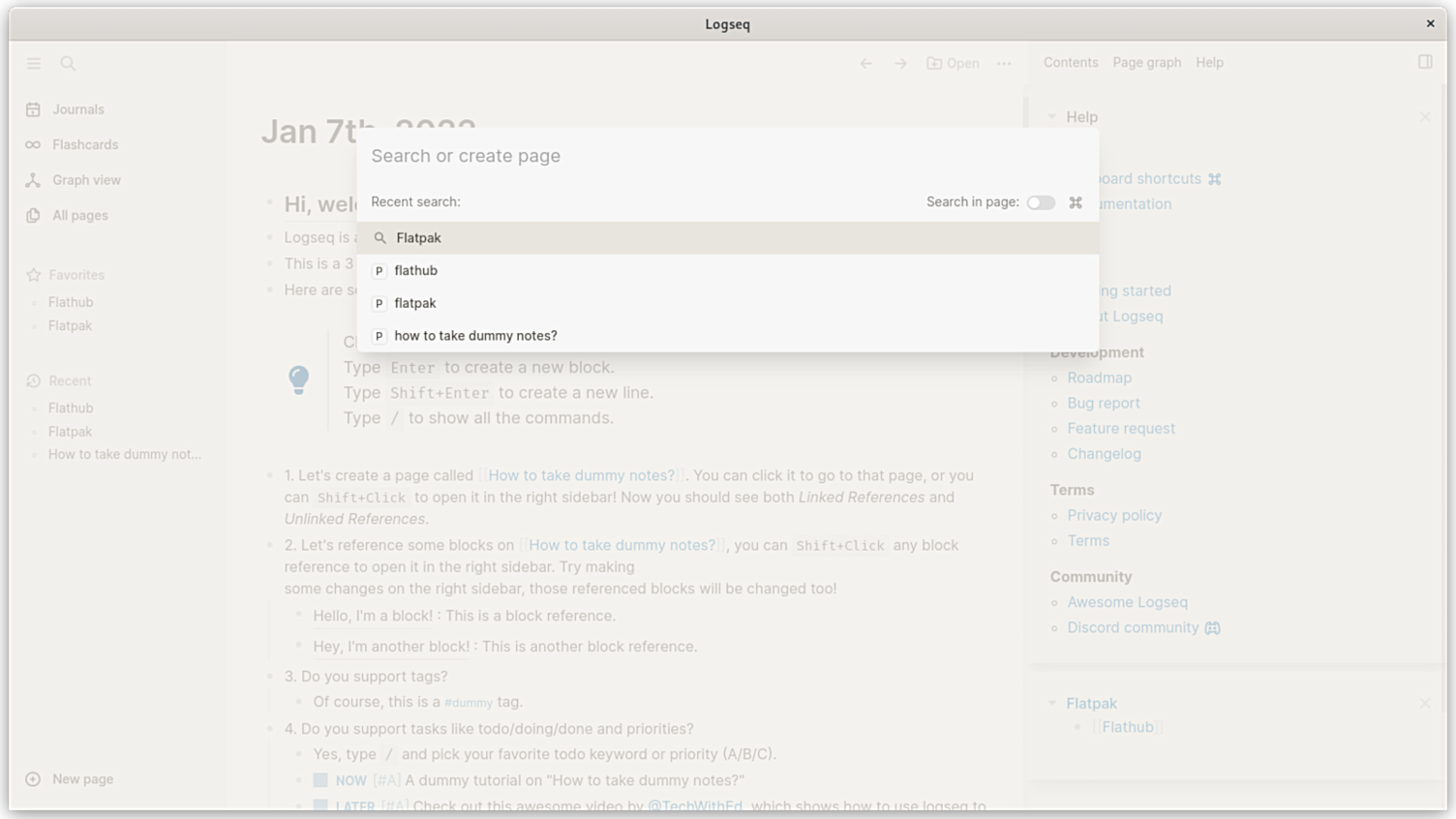
Logseq is different from most note apps because it thinks in chunks (blocks) instead of documents. Don't expect to "get it" immediately - block-based thinking takes weeks to click. You'll probably create a mess the first month while you figure out your system, which is exactly what happened to countless users on Reddit's PKM communities.
Everything stays on your computer. No cloud accounts, no data harvesting, no subscription fees. Your notes are just Markdown files you own. This follows the local-first software philosophy - both the biggest selling point and the biggest pain in the ass. You control everything, which means you're responsible for everything including backups and sync.
The Block Thing Everyone Talks About

Instead of writing documents, you write in bullet points. Each bullet is a "block" that can be linked to from anywhere else. Think of it like having a conversation where you can reference any sentence you've ever said before. This concept was pioneered by Roam Research and implemented in various forms by tools like RemNote and Obsidian's block references.
The linking system is the killer feature. Your notes start connecting themselves as you add more content through automatic backlinks. It's pretty cool when you rediscover old ideas through random links, a concept called serendipitous discovery in the personal knowledge management community. But fair warning - the linking gets addictive once you get it, which means you'll spend way too much time connecting everything to everything else.
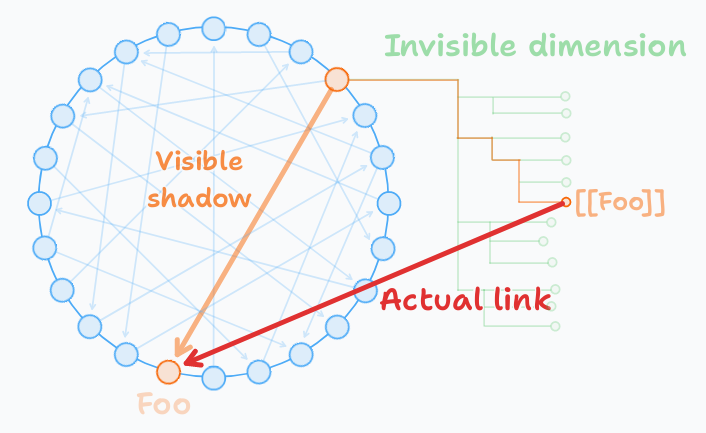
Block references break when you rename pages (you'll get "Block not found" everywhere), search is inconsistent and sometimes misses obvious matches, and the mobile apps feel like afterthoughts. But when it works, it works really well.
Privacy Means "Figure It Out Yourself"
Everything runs locally on your machine. No tracking bullshit, no phone-home connections, no analytics. Your data is yours. The downside? No customer support either. It's community help or figure it out yourself.
This is the trade-off: complete data sovereignty in exchange for DIY problem-solving. If you're the type who likes troubleshooting config files at 2am, you'll love this. If you expect hand-holding, look elsewhere.
Works completely offline, which is great until you realize sync is a nightmare. File conflicts happen regularly if you edit on multiple devices. Git works well if you're technical (check out this Git sync guide), but cloud services like Dropbox cause headaches.
More Than Just Notes (But Not Great at Any One Thing)
Logseq does note-taking, task management, PDF annotation, and whiteboards all in one app. It's convenient when it works, but each feature is decent rather than amazing.
PDF annotation is fantastic when it works, but complex PDFs will make you want to throw your laptop. The whiteboard feature is neat for quick sketches but don't expect Figma-level performance. Task management is basic compared to dedicated tools like Todoist or TickTick, and the plugin ecosystem is small - expect half the plugins to break when Logseq updates.
Current stable version is 0.10.9 as of late 2024. The team pushes regular updates that usually fix more things than they break, but always backup before updating.
But understanding what Logseq is doesn't tell you what it's like to actually use it day-to-day. That's where the rubber meets the road.

